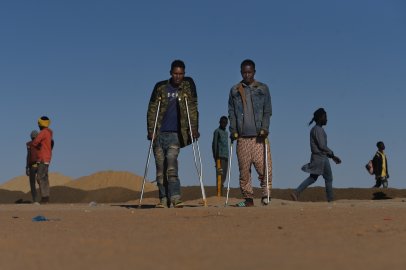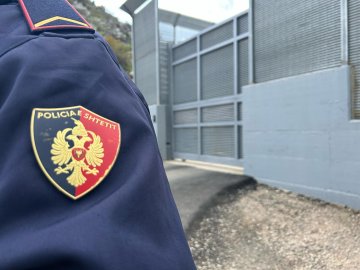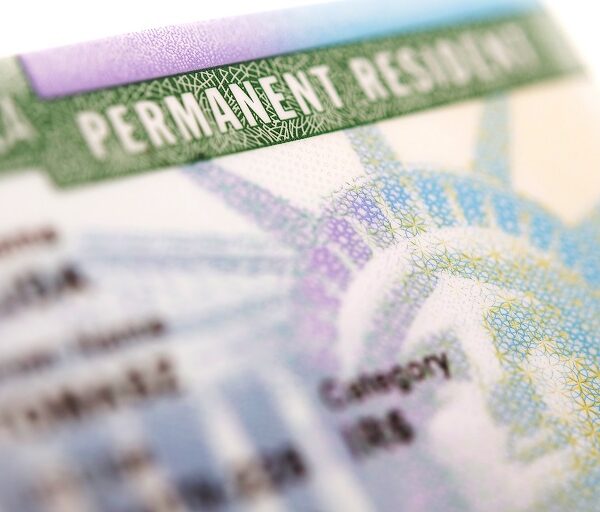Sudan Conflict Resolution Talks in London: Seeking Peaceful Solutions
The ongoing conflict in Sudan has drawn international attention as the humanitarian crisis deepens and the violence escalates. The recent talks held in London aim to bring together various stakeholders to find a peaceful resolution to this brutal conflict. This blog post will explore the significance of these talks, the challenges faced, and the potential pathways to peace for Sudan.
The Background of the Sudan Conflict
The conflict in Sudan has a complex history, rooted in decades of political instability, economic struggles, and social divisions. The current violence, which erupted in April 2023, is primarily between the Sudanese Armed Forces and the Rapid Support Forces (RSF). This power struggle has led to widespread violence, displacement, and a humanitarian crisis that affects millions of people.
Key factors contributing to the conflict include:
- Political power struggles.
- Economic collapse and resource scarcity.
- Ethnic tensions and historical grievances.
- The influence of foreign powers and regional actors.
As the violence continues, the need for a comprehensive peace strategy becomes increasingly urgent.
The Significance of the London Talks
The London talks represent a critical opportunity for Sudanese leaders, international diplomats, and humanitarian organizations to engage in dialogue aimed at ending the violence. These discussions are vital for several reasons:
1. International Involvement: The presence of international stakeholders underscores the global commitment to finding a solution to the crisis. Countries and organizations are recognizing that the conflict in Sudan has implications beyond its borders.
2. Stakeholder Engagement: By bringing together various factions, the talks aim to facilitate dialogue among those with different interests, fostering a collaborative approach to peace.
3. Humanitarian Focus: The talks emphasize the urgent need for humanitarian assistance to those affected by the conflict. Addressing the immediate needs of the population is crucial for any long-term peace strategy.
Challenges to Peace in Sudan
Despite the hopeful prospects of the London talks, several challenges remain that could hinder progress toward peace:
1. Deep-seated mistrust: Historical grievances and mistrust between warring factions complicate efforts to reach a consensus. Each side has suffered losses and may be reluctant to compromise.
2. Fragmented leadership: The presence of multiple armed groups and leaders complicates the negotiation process, as there is no single authority that can represent the diverse interests of the Sudanese people.
3. External influences: The involvement of foreign powers with vested interests in the region can exacerbate tensions and undermine peace efforts, as different nations may support opposing factions.
4. Humanitarian crisis: With millions displaced and facing dire conditions, the urgency of the humanitarian situation complicates negotiations. Leaders may prioritize immediate survival over long-term solutions.
Potential Pathways to Peace
To navigate the challenges ahead, the London talks must focus on viable pathways to peace that prioritize the needs of the Sudanese people. Some potential strategies include:
1. Inclusive dialogue: Engaging all stakeholders, including marginalized groups and civil society, in the negotiation process can help ensure that the resulting agreements represent the will of the people.
2. Confidence-building measures: Initiatives that promote trust between conflicting parties, such as ceasefires or humanitarian corridors, can create a conducive environment for dialogue.
3. International support: A coordinated response from the international community, including financial and logistical support for peacebuilding efforts, can help stabilize the situation.
4. Transitional governance structures: Establishing a transitional government that includes diverse representation can help address power imbalances and create a more equitable political landscape.
The Role of the International Community
The international community has a crucial role to play in supporting the peace process in Sudan. This support can take various forms:
- Diplomatic efforts: Continued pressure on warring factions to engage in negotiations can help facilitate dialogue.
- Humanitarian aid: Providing immediate assistance to those affected by the conflict can alleviate suffering and build goodwill.
- Monitoring agreements: Establishing mechanisms to monitor and enforce peace agreements can help maintain momentum toward lasting solutions.
The success of the London talks and subsequent peace efforts will depend on the commitment of both Sudanese leaders and international stakeholders to prioritize the well-being of the Sudanese people.
Conclusion
As the London talks progress, the hope for a peaceful resolution to the Sudan conflict remains alive. While challenges abound, the commitment to dialogue and cooperation offers a pathway to peace. By addressing the root causes of the conflict and fostering an inclusive approach, there is potential for a brighter future for Sudan. The international community must remain engaged and supportive as the Sudanese people seek to reclaim their agency and build a peaceful society.
In the coming weeks and months, it will be crucial to monitor the developments from the London talks and the impact they may have on the ground in Sudan. The world watches with hope and determination, believing that a resolution to this brutal conflict is possible.







